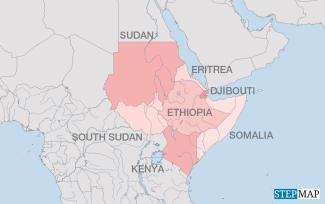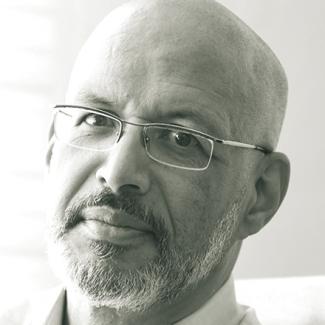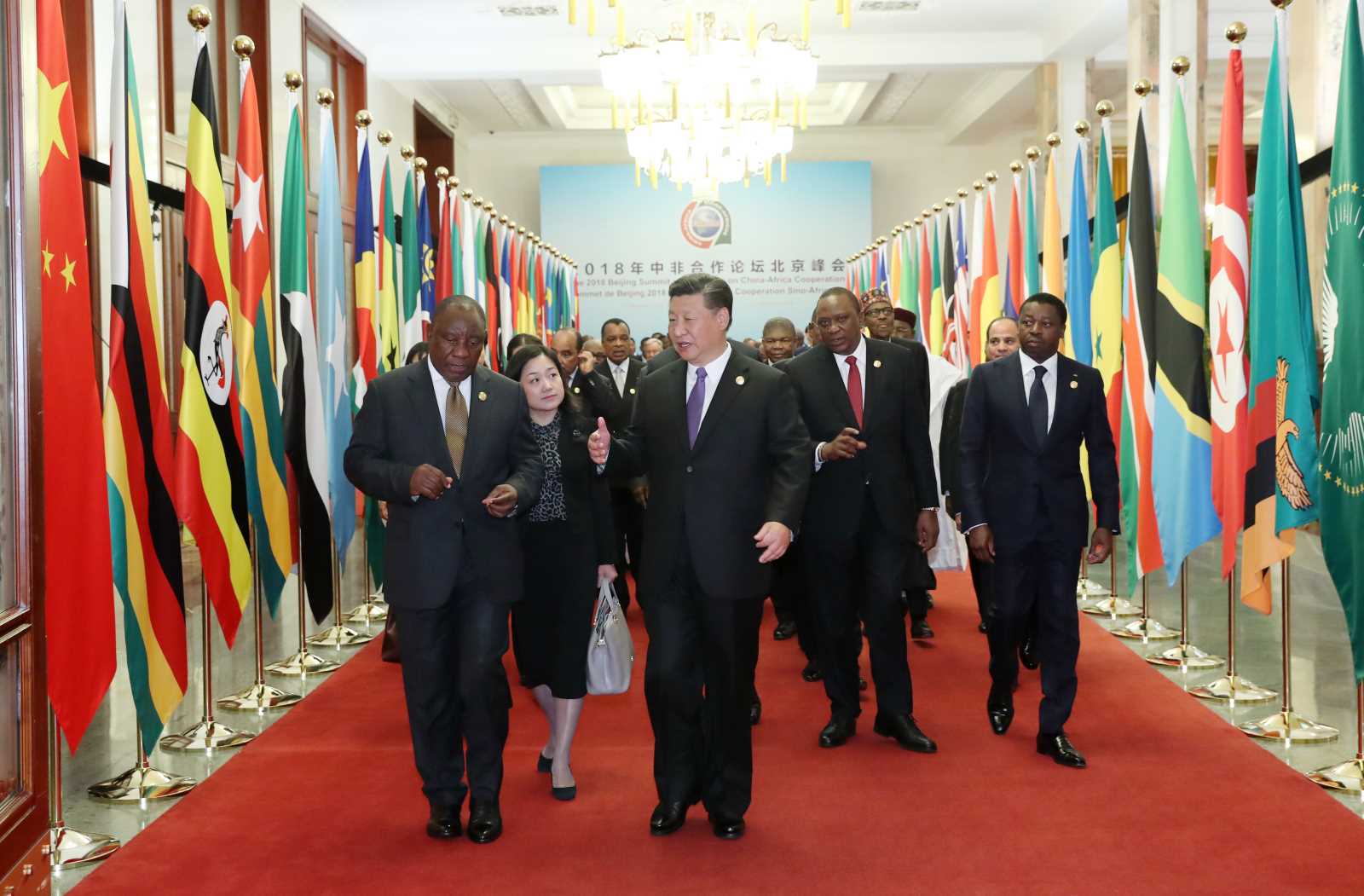Fragile states
The state of democracy in the Horn of Africa

Even in democracies, vital resources like water can be contested or difficult to access. However, the more stable the political conditions, the more secured the legally guaranteed access to water tends to be.
Democracy is defined, among other things, by free and fair elections. Yet they are held infrequently, if ever, in the Horn of Africa. They also seem to be aimed at satisfying Western donors rather than at serving as an instrument to balance power. When they are held, they are prone to manipulation, often include post-election violence, and rarely lead to a change of government.
Civil society is vibrant, but its room for action is shrinking. In most countries in the Horn of Africa, state actors do not trust citizen participation to form part of a dynamic, society-building process. This manifests itself in draconian laws that restrict the space for civil society. Even where laws are more moderate, they tend to restrict rather than empower citizens when they are interpreted and enacted.
Off-balance states
Governance in a democracy should aim to promote transparency, accountability and citizen participation in decision-making. However, in most countries in the region, governments are dominated by a particular group, clan or party. Typically, they use their power to influence the executive, legislative and judicial branches, as well as independent institutions such as electoral boards, the media and other regulatory bodies. This leads to a lack of checks and balances.
The interplay of corruption, inflation and kleptocracy can pose major challenges to societies and contribute to conflict too. Widespread corruption undermines economic stability and adds to inflationary pressures. High inflation is often the result of conflicts and wars, as well as financial mismanagement and economic sanctions.
Kleptocracy is rarely mentioned as the price of seizing power, but in reality, most ruling elites use their power to control and exploit national resources and extract economic assets for personal gain. In his recent article on the war in Sudan, Omar Shahabudin McDoom, a professor at the London School of Economics, points out that “the impunity of kleptocracy must end if the transition to stable, rule-based government is to succeed.”
If governments, civil-society organisations and international actors work together to tackle these issues, they can promote democracy, socio-economic development, stability, peace and prosperity.
Christoph Schneider-Yattara is the regional representative of Bread for the World’s Horn of Africa Regional office.
csyattara@padd-africa.org












